‘Business letting Government down’

Hebert Zharare, in Sharm El-Sheikh, Egypt
PRESIDENT Mnangagwa is disappointed by some members of the business community whose conduct continues to frustrate Government efforts to stabilise the economy and the current wave of price increases obtaining in the country shows a lack of support for even the ongoing dialogue on arrears clearance and debt resolution.
Mr George Charamba, President Mnangagwa’s spokesperson, said despite the fact that most international creditors and even the United States of America, were impressed by Zimbabwe’s commitment to the ongoing dialogue on arrears clearance and debt resolution, local businesspeople continued to “stab the process in the back”.
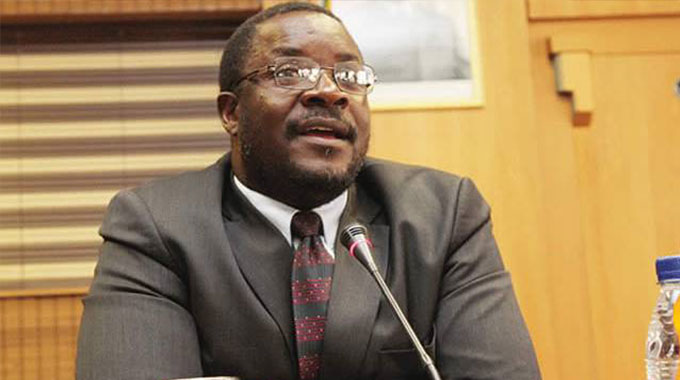
Mr George Charamba
“I will give you an example, during the liberation struggle and when we were going for the Lancaster House Conference, it was the time of blazing the guns “kusvika barrel ratsvuka,” to support our leadership that was in London. The real intended beneficiaries of arrears clearance and debt resolution, namely the businesspeople, are in fact busy stabbing the initiative in the back. Ask them (the businesspeople) why?” said Mr Charamba.
President Mnangagwa left Harare yesterday for the United Arab Republic of Egypt for a State Visit at the invitation of his counterpart, President Adbel Fattah El-Sisi. The visit also coincides with the crucial African Development Bank (AfDB) Summit — at Sharm El-Sheik resort — where he is expected to engage representatives of creditor nations as the country presses ahead with the arrears clearance and debt resolution agenda.
The indabas comprise the 58th annual assembly of the AfDB Group and the 49th meeting of the African Development Fund which opened yesterday and will run until Friday.
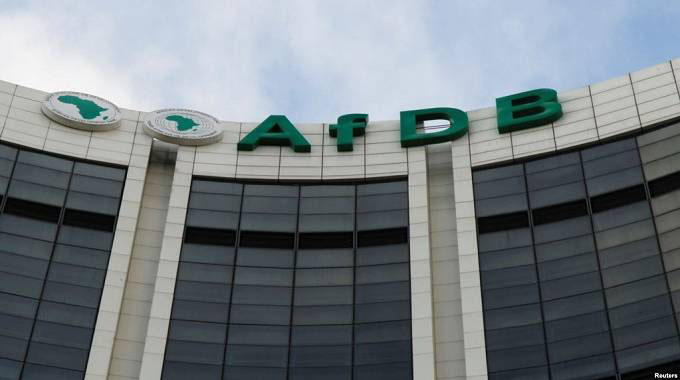
African Development Bank (AfDB)
Said Mr Charamba; “Having said that, what the President feels disappointed about and I think which has come through his weekly column (on Sunday), is the fact that while there is general consensus that until and unless there is resolution to arrears clearance, which by the way has become a new debt, and together with debt resolution; until there is a resolution to that question, the forward march of the Zimbabwean economy will be a lot more difficult.
“As the President is preparing to go to that crucial meeting, we do not seem to read the same sense of support, the urgency, coming from the business community. We see businesses destabilising the macro-economy, in the process, undermining the very effort towards arrears clearance and debt resolution.
“When we engage some creditors, you do so on the strength of your capacity to service those arrears and your debts. Now, that is very doubtful if there is chaos in the macroeconomic-environment. Which really explains the anger you read through the article of the President.”
Writing in his weekly column, the President, according to Mr Charamba, felt disappointed by a seeming lack of support for Government efforts to address economic challenges as witnessed by the squandering of Government’s goodwill, privileges and incentives to profiteer and, in some instances, illicit transfer of funds “beyond our borders for stashing”.
The President said businesses were disconnecting point-of-sale gadgets, discouraging sales in local currency, abusing the foreign currency auction system and channelling goods to the informal market through a shadowy network of agents.
In spite of growing foreign currency receipts by more than 20 percent between January and March this year compared to the same period last year, with cumulative earnings likely to rise to a record US$12 billion this year, the local currency continued to depreciate.
“The more than US$11 billion foreign exchange earned last year is the highest ever done by this economy, and is certainly far higher than in most economies in Sub-Saharan Africa, outside South Africa. Sadly, this has not translated into a stable exchange rate.

Money – Image taken from Pixabay
“Government has pursued a prudent fiscal and monetary policy to guarantee macroeconomic stability. Since the advent of the Second Republic, Government budget has run on a cash basis, thus avoiding un-budgeted overruns. This has never been so before, including under the much-vaunted Government of National Unity (GNU). Because of this fiscal discipline, often pursued even at the expense of social delivery, space has since been created for businesses to grow in a stable environment where disequilibria are minimised. Indeed, this has been the case until now.”
He said it was curious that despite 80 percent of transactions being in foreign currency, with business allowed to retain most of it, demand for foreign currency on the foreign currency auction – which has allocated US$4 billion since it was launched on June 23, 2020 – has risen, yet production in the sector has remained the same.
“Fourth and most exasperatingly, when 20 percent of our transactions were conducted in foreign currency, and 80 percent in local currency, the demand for foreign exchange at the auction averaged US$20 million weekly,” the President wrote.

World Bank
“Today, when we find ourselves in 80-20 percent reverse transaction equation in favour of foreign currency, the demand for foreign exchange at the same auction, and by the same Business now directly selling more wares in United States dollars, has risen to US$30 million a week! How does one explain such a paradox?”
The country’s total debt stands at US$17,5 billion with debt owed to international creditors at US$14,04 billion, while domestic debt stands at US$3,4 billion. Debt owed to bilateral creditors is estimated at US$5,75 billion, while debt to multilateral creditors is estimated at US$2,5 billion.
The country is in arrears for not servicing its debt, with arrears to multilateral development banks, including the African Development Bank, the World Bank, and the European Investment Bank.
The Minister of Finance and Economic Development Professor Mthuli Ncube has presented the country’s detailed roadmap including budgetary support to clear the debt overhang for sustainable economic reconstruction.
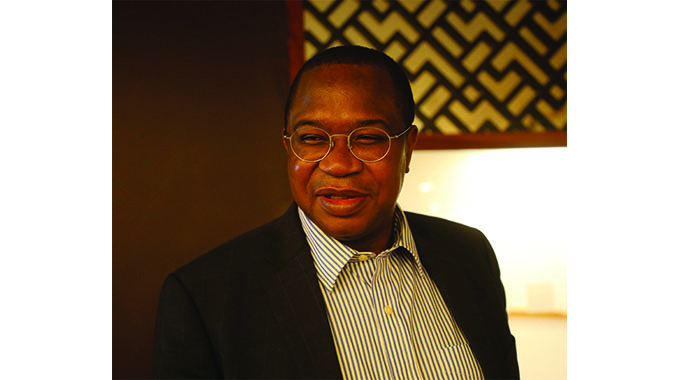
Prof Mthuli Ncube
“As the Government, we are very sincere on the debt resolution agenda as can be testified by the reforms that we have been instituting with regards to the management of our fiscus and creating the legroom to finance the clearance of our obligations and, we have demonstrated we can pay our debts and resolve these issues once and for all.
“This process will go ahead unabated and we are quite confident we will bring the debt issue to finality and start on a new page,” he said during the latest round of talks in Harare.
Confederation of Zimbabwe Industres (CZI) president Mr Kurai Matsheza said such a move (debt dialogue) is always a welcome development for industry and hoped government would see it through as its effects are welcome to all.
“We will be able to access a lot of cheaper credit and it will assist business in retooling our operations, even just getting extended credit for our raw materials or other operations. The whole programme and effort of debt resolution and expunction is something we commend.
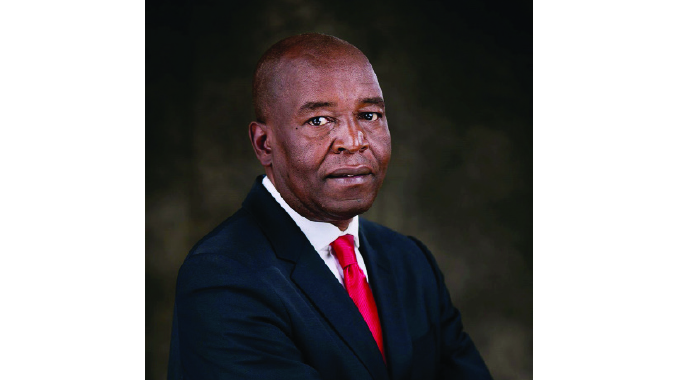
Mr Kurai Matsheza
“Government is talking to creditors but the efforts must be done to resolve the debt so that it will come down to either debt cancelling, rescheduling, forgiveness or even a reduction of the amount will help us in a long way. I think what is important is to agree,” Mr Matsheza said.
Economist Mr Langton Mabhanga said the initiative on debt by the Government was noble as it highlighted a clear way on how the Government intended to settle its debt obligation.
“We need to commend the President for demonstrating statesmanship, he has set up a roadmap of resolving the debt, coming up with a structure and an innovation which has laid bare the Zimbabwean plans on the global platform.
“Openly engaging creditors and formulating a design of how debt is going to be dealt with, that’s ingenious and commendable of the President,” said Mr Mabhanga.
The fourth meeting of the structured dialogue platform follows those that were conducted in December 2022, as well as in February and March 2023. After the upcoming elections expected in August of this year, the arrears and debt talks are anticipated to continue.
Zimbabwe is optimistic that the successful resolution of the debt and arrears impasse will be a key launch pad for unfettered access to international financiers.




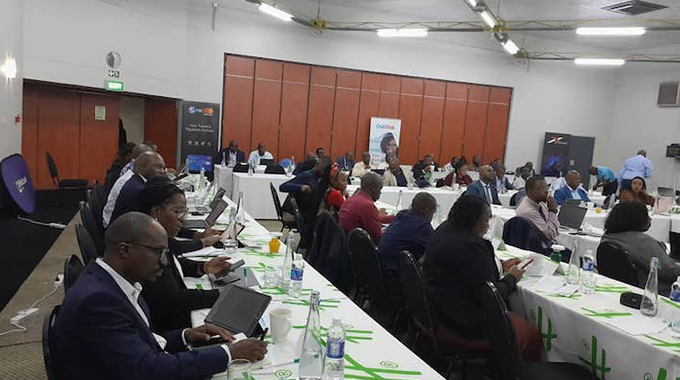







Comments